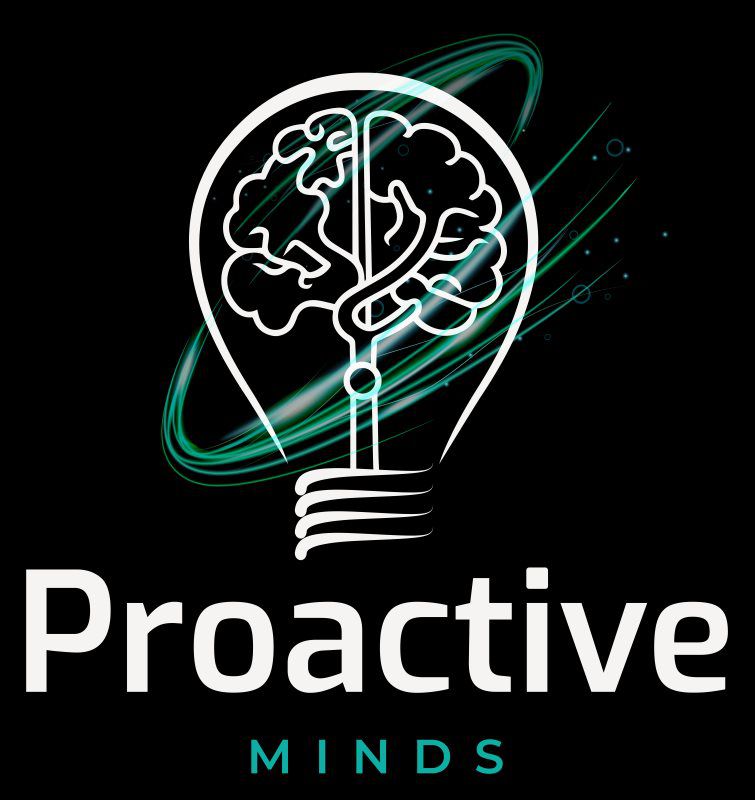PTSD Recovery Support Services
Post-traumatic stress disorder (PTSD) is a disorder that affects certain people after they have been through a traumatic, frightening, or hazardous incident. It’s normal to be scared during and after a terrible event.
Post-Traumatic Stress Disorder
Anyone who has been exposed to a stressful experience can develop PTSD. An incident that generates fear, helplessness, or horror in response to the danger of harm or death might trigger the onset of PTSD.
Some common triggers for Post-traumatic stress disorder include sexual assault, accidents, physical violence, combat, the death of a loved one, and witnessing terrorist acts.
A team of psychiatric health and wellness experts at Proactive Minds diagnosis and treats PTSD, so you may regain control over your life.
PTSD Core Warning Signs
Post-traumatic stress disorder (PTSD) is a complex and multifaceted condition that can manifest in various ways, encompassing a spectrum of physical, mental, and emotional manifestations. Physically, individuals with PTSD may experience heightened arousal, evidenced by increased heart rate, hypervigilance, and a heightened startle response. Sleep disturbances, including nightmares and insomnia, are common, contributing to both physical and mental fatigue. On a mental level, individuals may grapple with intrusive thoughts, flashbacks, and persistent memories of the traumatic event, often leading to emotional distress and difficulty concentrating.
Emotionally, PTSD can give rise to intense feelings of fear, anxiety, guilt, anger, or a sense of emotional numbness. These manifestations collectively underscore the pervasive impact of trauma on the whole person, emphasizing the need for comprehensive and holistic approaches to address the various dimensions of PTSD and support individuals on their path to healing. Among the most common signs and symptoms are:
Getting Away from People and Places
- People with PTSD will go to tremendous measures to avoid thinking about the horrific event that occurred in their lives.
- They may get disconnected from their loved ones.
- They may experience emotional emptiness and lose interest in previously enjoyed activities.
Feeling a Little Tense
PTSD patients relive the experience over and again, they may become hyper-vigilant or on-guard at all times.
People around them may experience feelings of rage or unexplainable irritability.
During the day, they may have trouble falling asleep or staying asleep.
They may find it tough to focus and are quickly startled.
Flashbacks
Traumatic events can be tough to process, but facing and understanding your emotions, as well as obtaining professional support, is frequently the only way to properly cure PTSD.
With our therapeutic assistance, you will be able to go about your daily activities without fear.
How Does Proactive Minds Address PTSD?
Post-traumatic stress disorder (PTSD) is a complex and multifaceted condition that can manifest in various ways, encompassing a spectrum of physical, mental, and emotional manifestations. Physically, individuals with PTSD may experience heightened arousal, evidenced by increased heart rate, hypervigilance, and a heightened startle response. Sleep disturbances, including nightmares and insomnia, are common, contributing to both physical and mental fatigue. On a mental level, individuals may grapple with intrusive thoughts, flashbacks, and persistent memories of the traumatic event, often leading to emotional distress and difficulty concentrating.
Emotionally, PTSD can give rise to intense feelings of fear, anxiety, guilt, anger, or a sense of emotional numbness. These manifestations collectively underscore the pervasive impact of trauma on the whole person, emphasizing the need for comprehensive and holistic approaches to address the various dimensions of PTSD and support individuals on their path to healing. Among the most common signs and symptoms are:
These virtual approaches aim to overcome geographical barriers, increase accessibility to PTSD treatment, and provide individuals with flexible options that suit their needs. Proactive Minds leverages these tools to deliver comprehensive and personalized virtual care for individuals seeking support for PTSD.
Teletherapy
Individual and group therapy sessions conducted through secure video conferencing platforms allow individuals to engage in therapeutic interventions from the comfort of their own space.
Telepsychiatry
Psychiatrists can conduct virtual assessments, medication management, and follow-up appointments through telepsychiatry, ensuring ongoing support for individuals requiring pharmacological intervention.
Mental Health Programs
Online programs and platforms specifically designed for PTSD treatment provide psychoeducation, coping strategies, and therapeutic exercises for individuals to engage with at their own pace.
Interactive Online Resources
Interactive modules and resources on PTSD, trauma, and coping mechanisms can be shared with individuals to enhance psychoeducation and provide additional support.
Virtual Lifestyle Coaching
Providing guidance on lifestyle changes, stress management, and self-care through virtual coaching supports overall well-being and complements therapeutic interventions.
Secure Messaging Platforms
Secure messaging or email communication allows for ongoing support and check-ins between therapy sessions, fostering a continuous connection with mental health professionals.




